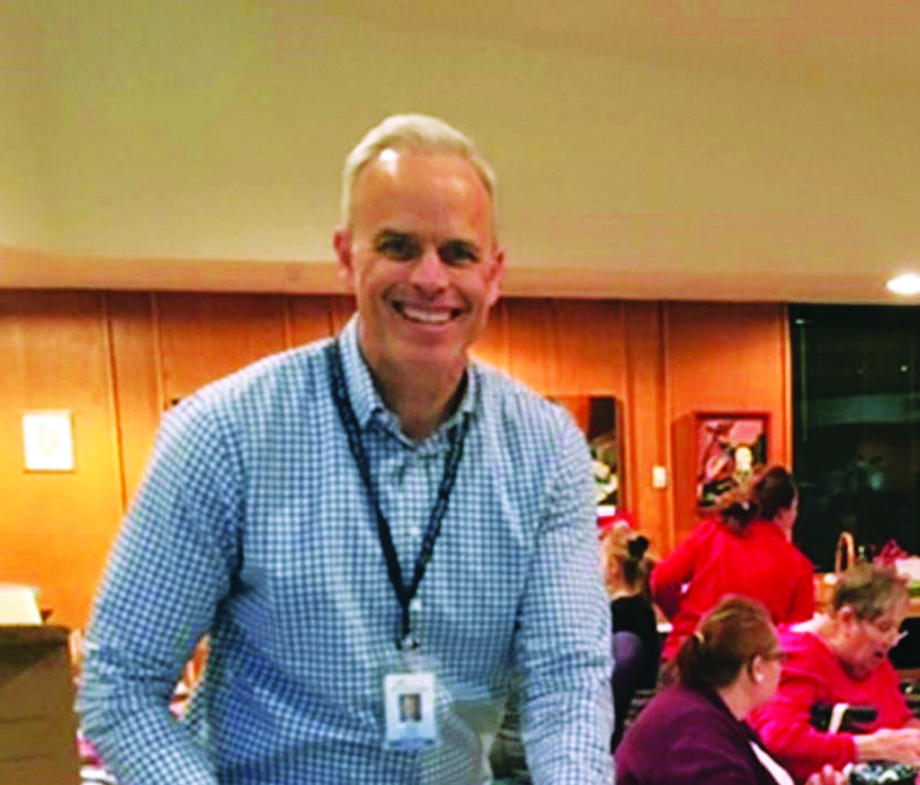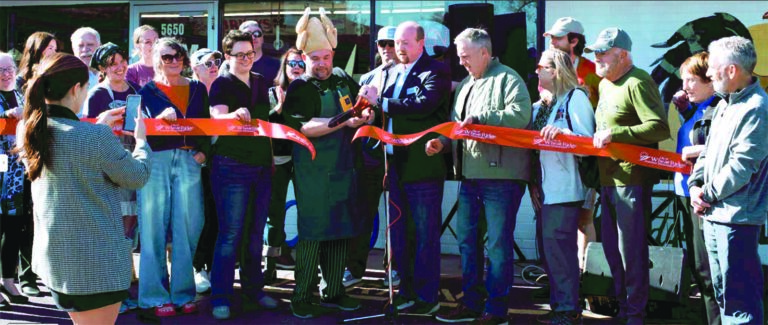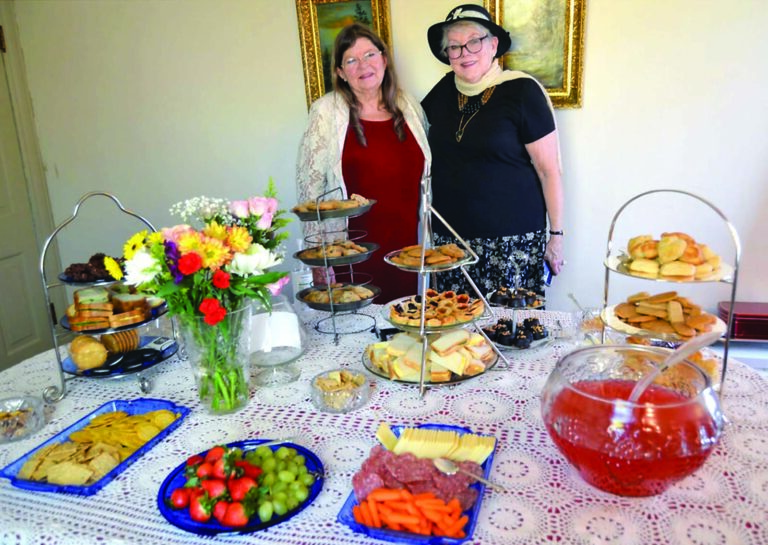Ask Wheat Ridge City Manager Patrick Goff about the challenges facing the city in summer 2021 and you will be treated to an explanation of the issues (multi-faceted and complex) and how the city is confronting them. You will not hear excuses or complaints about how difficult it is managing a post-pandemic suburban Denver city. Goff has an extensive background in public management, and he is focused on solving problems and moving the city forward.
“Complex” is a word that describes much about this summer’s Wheat Ridge challenges; unrelenting is another word that comes to mind to describe the city’s responses. Goff lists one of the most complex challenges facing Wheat Ridge (and many other Denver suburbs): a surge in the number of people who are homeless. He makes clear that most of the topics we will discuss are not short-term initiatives; many will be months in planning and years in process.
For instance, Federal Rescue Act funds available to Wheat Ridge and surrounding municipalities for use to address pandemic-related issues will be awarded this year and additional funds will be available next year. These funds require a commitment from the city to meet requirements for record-keeping and accountability reports, which is typical of Federal programs. In Goff’s opinion, it is worth the extra work to be able to provide support to existing initiatives that Wheat Ridge has undertaken on its own as well as with other municipal and regional partners.
The strain on Parks and Rec staff who are tasked with cleaning public areas used by people who are homeless is a significant issue, and has been augmented by contract help and volunteers. Police department resources are stretched by the need to provide safety and security for these groups while also responding to calls from citizens who have concerns about public and private property.
“For every person who wants us to move them out and away from the city, there is another who wants to let them camp and to provide whatever help is available,” Goff explained. In response to these demands, Goff describes the resources that the city has assigned to working with the homeless population.
Rebekah Raudabaugh is the Homeless Navigator, a position shared by Wheat Ridge, Golden and Edgewater. This position was established to assist with finding resources for homeless individuals and families, some of whom may transition to more stable housing.
Goff shares the story of a person who has family in another city who will provide housing for him if he can get there. But purchasing a bus ticket for someone who is unable to obtain identification is difficult, if not impossible. Raudabaugh worked to resolve the ID issue and to coordinate the funds needed. A bus ticket is purchased, and this person is on the way to his family.
The Homeless Navigator area on the city website provides lists of other services; she matches individuals and families with the services and resources that are the best fit. One important component of a solution for homelessness is housing, both temporary and long-term. The city has established cross-municipal relationships to create a strategic plan that will coordinate efforts to fund 150 permanent units and 100 short-term beds for the community, a multi-million-dollar (and multi-year) plan. The shared facilities will be located in Jefferson County.
What about noise?
Efforts continue to create a reasonable plan for resolving differences between businesses that want their customers to enjoy live music during summer evenings and the residents of homes near those businesses. Dusting off the existing noise ordinance has provided a starting point for discussion.
While a few residents would prefer very few – or even zero – nights of loud music, businesses want to provide music for patrons who are ready to party again after being locked down for so many months. When disagreements boil over, Wheat Ridge’s Finest are pulled into the discussion. They ensure that the businesses abide by city ordinances: no unreasonable noise after 9 p.m. on weekday evenings, and 10 on weekends. In addition, they listen to the neighbors, and try to calm frayed nerves, reminding them that the businesses may enjoy their music for many nights each year, per existing ordinance.
Ultimately, Goff, as city manager, decides whether to increase the number of nights that businesses are allowed to have amplified music on their premises following open discussions with all interested stakeholders.
Post-pandemic changes
Wheat Ridge is coming out of the pandemic poised for success. In addition to proactive work in the homelessness arena, city council is working to support departments that are preparing for growth. Fortunately, Wheat Ridge sales tax revenues were not reduced during the shutdown. People stayed home and bought a lot of groceries, and new building continued.
One post-pandemic change that Wheat Ridge City government has welcomed is the use of technology to access council meetings, study sessions and other events. Citizens can voice concerns, ask questions, and be more involved in the planning process via Zoom or cellphone. Currently, all community members are able to call in to meetings to share comments and questions. Meetings are streamed, recorded and available on YouTube, and of course, can be attended in person.
The city website has background information about departments and their work. Two new websites offer up-to-date information and access: whatsupwheatridge.com and wheatridgespeaks.org. Goff hopes more community members will learn about and participate in the process.






